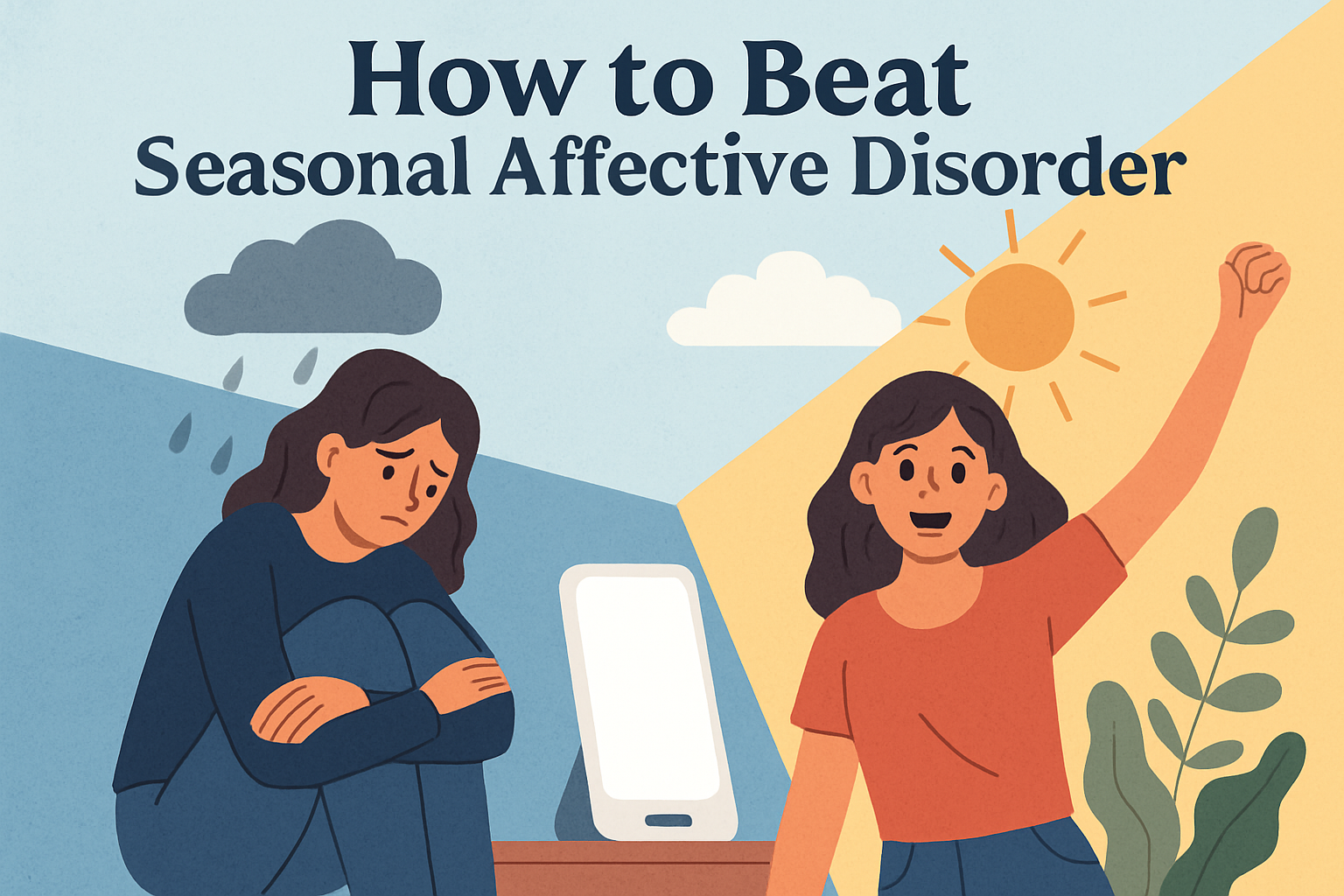Emotional Detachment Disorder (EDD) is a psychological condition characterized by a persistent inability to connect emotionally with others. Those with EDD may struggle to form and maintain meaningful relationships, lack empathy, and experience a limited range of emotions. The causes of emotional detachment disorder fall into six major categories.
Causes of Emotional Detachment Disorder
1. Traumatic Experiences
One of the most common causes of Emotional Detachment Disorder is the experience of trauma.
Traumatic events, such as physical or emotional abuse, neglect, or witnessing violence, can lead to a protective mechanism where individuals dissociate from their emotions as a coping strategy.
This detachment allows them to distance themselves from the pain and distress associated with the traumatic experience.
2. Attachment Issues
Another of the most common causes of Emotional Detachment Disorder is related to attachment issues. Early childhood experiences play a vital role in the development of emotional attachment.
Those who have experienced neglect, inconsistent caregiving, or separation from primary caregivers during their formative years may struggle to form healthy emotional bonds.
As a result, they may develop Emotional Detachment Disorder as a defense mechanism to avoid the vulnerability and potential emotional pain associated with forming relationships.
3. Genetics and Biological Factors
While the exact genetic and biological underpinnings of Emotional Detachment Disorder are not fully understood, research suggests that there may be a hereditary component to the disorder.
Some people may be predisposed to detachment due to genetic factors that influence personality traits and emotional regulation.
Additionally, imbalances in neurotransmitters or changes in brain structure and function have also been associated with emotional dysregulation and detachment.
4. Personality Disorders and Emotional Detachment Disorder
Another group of causes of Emotional Detachment Disorder is related to personality disorders, some of which may contribute to EDD.
For example, individuals with Avoidant Personality Disorder or Schizoid Personality Disorder may exhibit significant emotional detachment as a result of their inherent personality traits.
These disorders affect an individual’s ability to form and maintain close relationships and contribute to their emotional distance.
5. Social and Cultural Factors
Socio-cultural factors, such as societal norms, family dynamics, or cultural values, can influence the development of Emotional Detachment Disorder.
In some cultures, emotional expression may be discouraged or considered a sign of weakness, leading people to suppress their emotions and adopt a detached demeanor.
Additionally, societal expectations and pressures to conform to certain emotional standards may contribute to emotional detachment.
6. Coping Mechanisms and Defense Mechanisms and Emotional Detachment Disorder
Emotional detachment can also arise as a result of maladaptive coping mechanisms or defense mechanisms.
People who have experienced repeated emotional pain or trauma may consciously or unconsciously detach from their emotions as a way to protect themselves from further harm.
This detachment can become ingrained over time, leading to the development of Emotional Detachment Disorder.
Emotional Detachment Disorder
Emotional Detachment Disorder is a multifaceted condition with various underlying causes.
Understanding the causes of emotional detachment disorder is an important step towards compassionately addressing and treating it.
If you or someone you know is grappling with Emotional Detachment Disorder, seeking professional help from a mental health practitioner may be required to gain further insight into drivers, develop coping strategies, and provide more specific guidance to help form healthier relationships.
Everyone deserves the opportunity to live a fulfilling and emotionally rich life.
Thank you as always for reading.
If you haven’t yet subscribed, please visit KindCompassCoach and enter your email address so you never miss a post.

Joan Senio is the founder of Kindness-Compassion-and-Coaching.com. Joan’s career includes clinical healthcare plus 20+ years as an executive in a nationwide health care system and 15 years as a consultant. The common threads throughout Joan’s personal and professional life are a commitment to non-profit organizations, mental health, compassionate coaching, professional development and servant leadership. She is a certified Neuroscience Coach, member of the International Organization of Life Coaches, serves as a thought-leader for KuelLife.com and is also a regular contributor to PsychReg and Sixty and Me. You can read more about Joan here: Joan Senio.
















No Responses